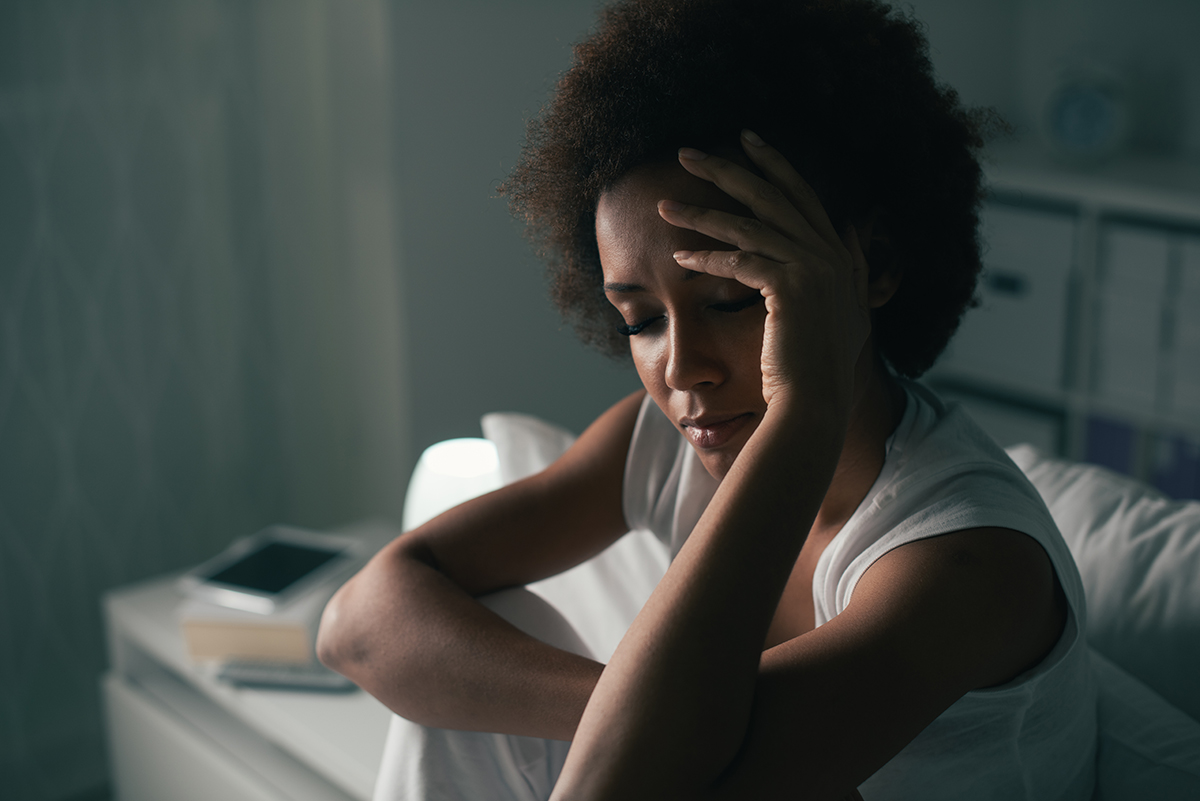No matter the lifestyle you lead, sleepless nights are inevitable. Although you may not find it concerning, an extended period of sleep deprivation can have severely adverse consequences on your brain health and overall well-being.
The Effects of Sleep Deprivation
Studies have shown that sleep deprivation can substantially intensify amygdala reactivity to negative emotional stimuli. The amygdala is a complex part of the limbic system that processes emotions such as fear and aggression. The amygdala also plays a vital role in decision-making. Amplified activity in the amygdala makes sleep-deprived individuals feel negative emotions more strongly while also intensifying an individual’s reactions. These individuals are more prone to irritability, anxiety, aggression, and even suicidal thoughts.
Sleep deprivation has also been linked to disrupting the dopaminergic system severely. Dopamine is associated with the brain’s reward center, and just one night of sleeplessness can have adverse consequences. Changes in dopamine receptors are associated with impulsiveness and severe inability in decision-making.
In addition, chronic sleep deprivation or insomnia is associated with depression. Several studies have shown that chronic insomnia and alterations in sleep patterns increase the likelihood of depression. Sleep deprivation can also make you overthink certain memory events of the past and can even alter your memory of negative experiences. The result is sometimes a modified yet empathically fueled recount of a previous experience that your brain considers accurate. However, the situation may not be as bad as you recall.
Nonetheless, if you are suffering from sleep deprivation, here are some tools to help improve sleep habits:
- Keep a notepad and pen next to your bed to write out worrisome thoughts.
- Repeat a sleep mantra such as “I give myself permission to rest, I can allow my body and mind to rest now,” instead of “I need to go to sleep” and fixating and worrying about why you can’t fall asleep.
- Practice a body scan relaxation or rhythmic breathing exercise, such as laying on your back, palms of your hands on your lower belly, inhale counting to 4 and exhale on 4, “inhale 2-3-4, exhale 2-3-4,” repeat quietly to yourself.
- Put on ambient music or a white noise machine to help calm the mind.
It’s important to also acknowledge that there are some points in life that we may find very troublesome and stressful, where sleep may be hard to come by. Remember and know that those times will pass and won’t last forever.
If you or anyone you know may be suffering from sleep disorders or any other mental health concerns, BHAVA Therapy Group is here to help. Contact us today.



